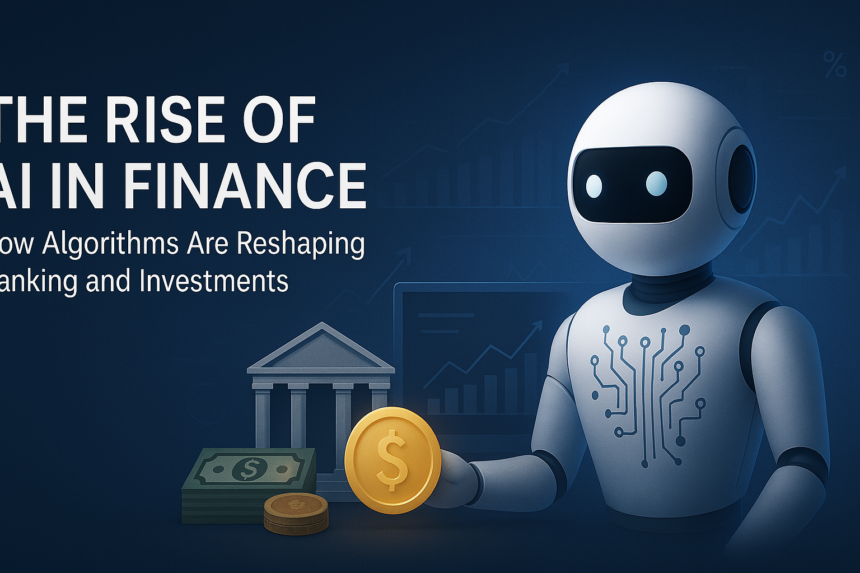The Rise of AI in Finance: How Algorithms Are Reshaping Banking and Investments
Introduction
Artificial intelligence (AI) is transforming the financial sector, from automated trading to fraud detection and personalized banking. As financial institutions integrate AI-driven solutions, they are improving efficiency, reducing risks, and offering better customer experiences. This article explores the impact of AI on finance and what it means for the future of money management.
AI in Banking: Personalized Customer Service
Chatbots and AI-powered virtual assistants are streamlining banking operations, reducing the need for human customer service representatives. Banks like JPMorgan Chase and Bank of America are leveraging AI to provide personalized financial advice, detect fraudulent transactions, and optimize loan approvals.
AI and Algorithmic Trading
Investment firms and hedge funds use AI algorithms to analyze vast amounts of market data in real-time, executing trades faster and more efficiently than human traders. High-frequency trading (HFT) powered by AI gives firms an edge in making split-second decisions, leading to increased market liquidity and efficiency.
Challenges and Ethical Concerns
While AI improves financial services, it also raises ethical concerns. The potential for biased algorithms in lending decisions, data privacy risks, and the loss of jobs in traditional banking roles are critical challenges that regulators and industry leaders must address.
Conclusion
AI is reshaping the financial landscape, offering new opportunities for efficiency and innovation. However, as the reliance on AI grows, financial institutions must prioritize transparency, security, and ethical considerations to maintain trust in the evolving financial ecosystem.







